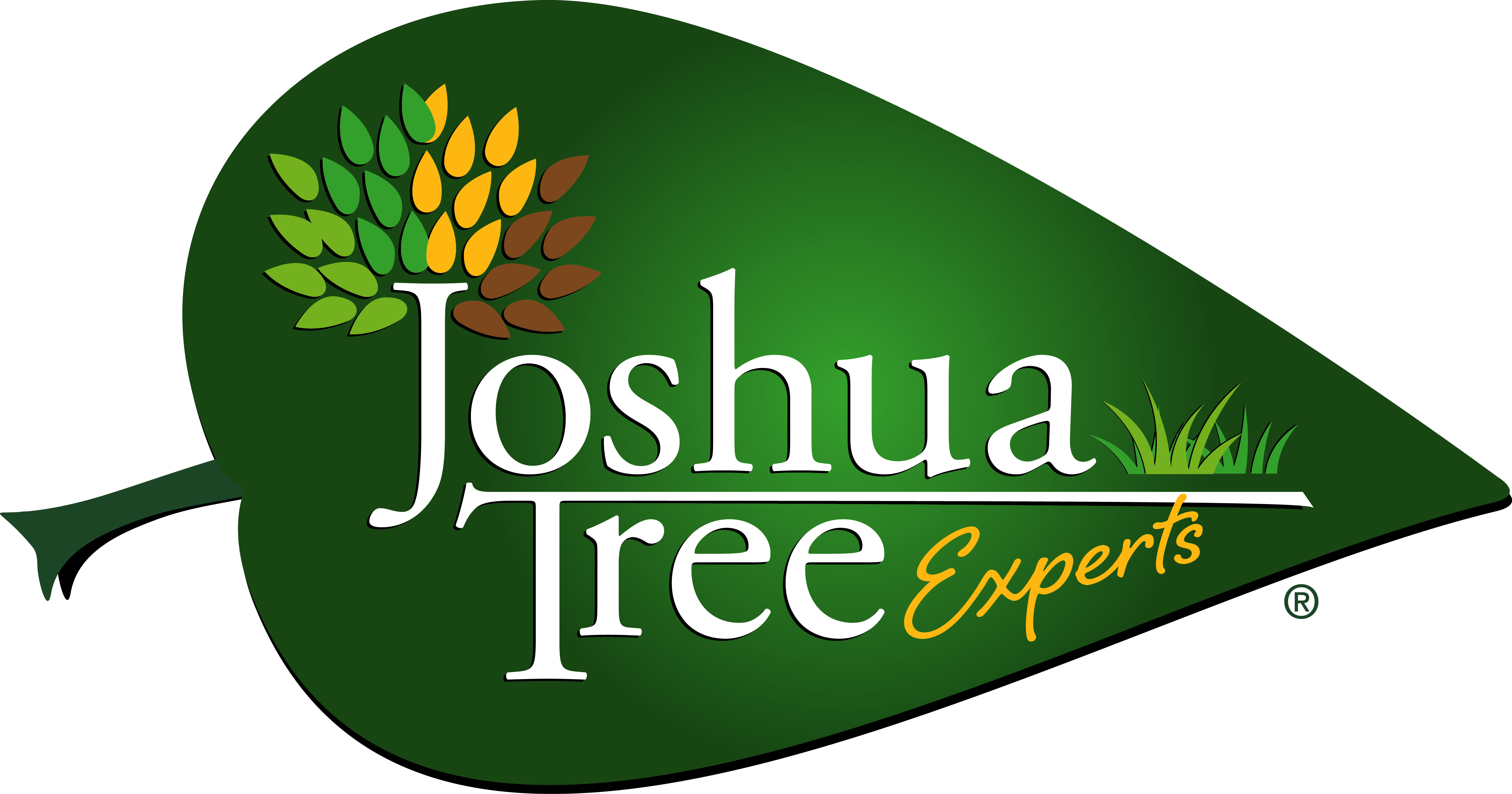The Quality of the Soil Determines the Quality of the Lawn. Soil quality will make or break the health of the plants that grow above it. In the case of your lawn, soil needs to have a few things in place, like:
- Drain ability (just enough, but not too much)
- Adequate nutrient levels (phosphorus, potassium, copper, iron, Manganese, zinc, boron, etc.)
- Proper pH balance suitable for your planted vegetation (trees, shrubs, flowers, etc.,)
- Percentage of organic matter found in the soil
The results of these tests tell lawn care professionals exactly what’s needed to maintain your gorgeous lawn or to bring a dilapidated lawn back to vibrant health.
You’d be surprised at the variations in soil quality that takes place from one side of a street to another, or from the east side of your property to the west. This difference may mean treatment in one area but not another, or heavier treatments in the front yard when compared with the backyard.
Soil testing is a regular part of the Joshua Tree Lawn Care Maintenance program. It is an affordable add-on for both our Basic and Traditional lawn care clients, and we are also happy to provide it as a stand-alone service for homeowners or renters.
Soil testing can be done at any time of year. Typically, however, we recommend it in the late summer or fall. Based on industry findings, this timing gives the soil time to absorb any amendments we provide, such as lime treatments and/or fertilization. These amendments integrate over the winter, contributing to a healthier turf in the spring.
The Soil Testing Process
In order to test your soil, we use a specialized tool that looks like a long, hollow metal tube with an exposed section. It works similar to a hand-held apple corer. We use this to punch down into your turf and get long core samples – at least 6-inches deep is ideal. We’ll take a few samples from different areas and take notes. Then, these samples are sent off to a lab. The results tell us what needs to happen next.
Adjust pH. In most cases, a lime treatment is all that is required to get your soil’s pH back to recommended levels for your particular grass. For example, bluegrass and ryegrass prefer Alkaline soil. While Bermuda and Zoysia grass enjoy a more acidic soil. We’ll make sure your soil’s pH is balanced for the turf species you’re growing. Our soil tests also let us know the pH buffer content in your soil (something DIY soil testing kits typically leave out). It may be that your lawn needs a sulfur amendment, rather than lime, and that is important information to find out.
Add the right fertilizer. Big box garden stores would like you to believe that all lawns are created equal and that a standard fertilizer bag is all you need. In fact, your soil needs to have its nutrients in balance. Fertilizing with a product that has the wrong ration can wind up adding more phosphorous than necessary and not enough nitrogen, for example. Our soil testing results will let us know the specifics, so we can balance the fertilizer treatments accordingly.
Drain ability and compaction. If your core samples are tightly compacted, there’s a water drainage issue, not to mention root choking and inadequate access to water and nutrients. We’ll know right away if good core aeration is in order, and we’ll take care of that for you before we apply any additional amendments.
If your lawn isn’t smiling back, chances are your soil is not in better shape, let the lawn technicians remove or break up the topsoil layer and amend it using a mix of appropriate soil ingredients. A new turf can then be applied.
Interested in what your soil has to say to you?
Contact Joshua Tree to learn more about our soil testing and professional lawn care services.


